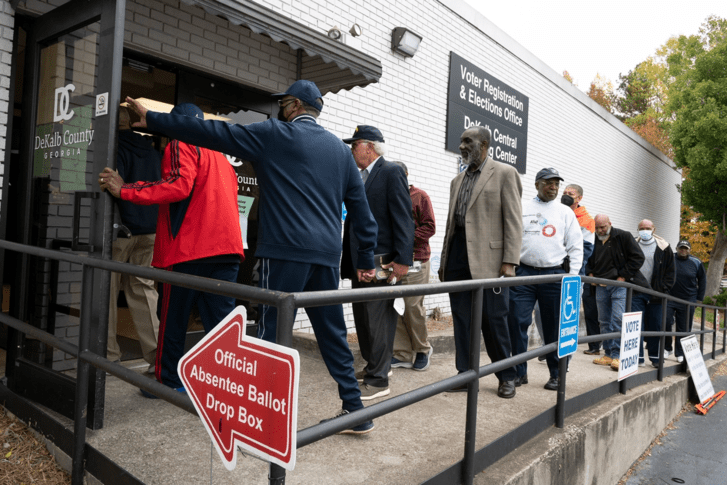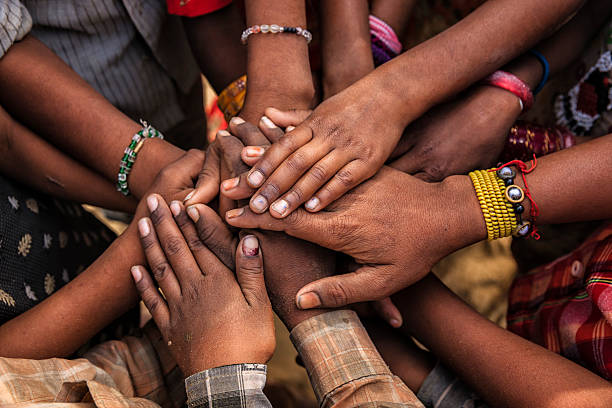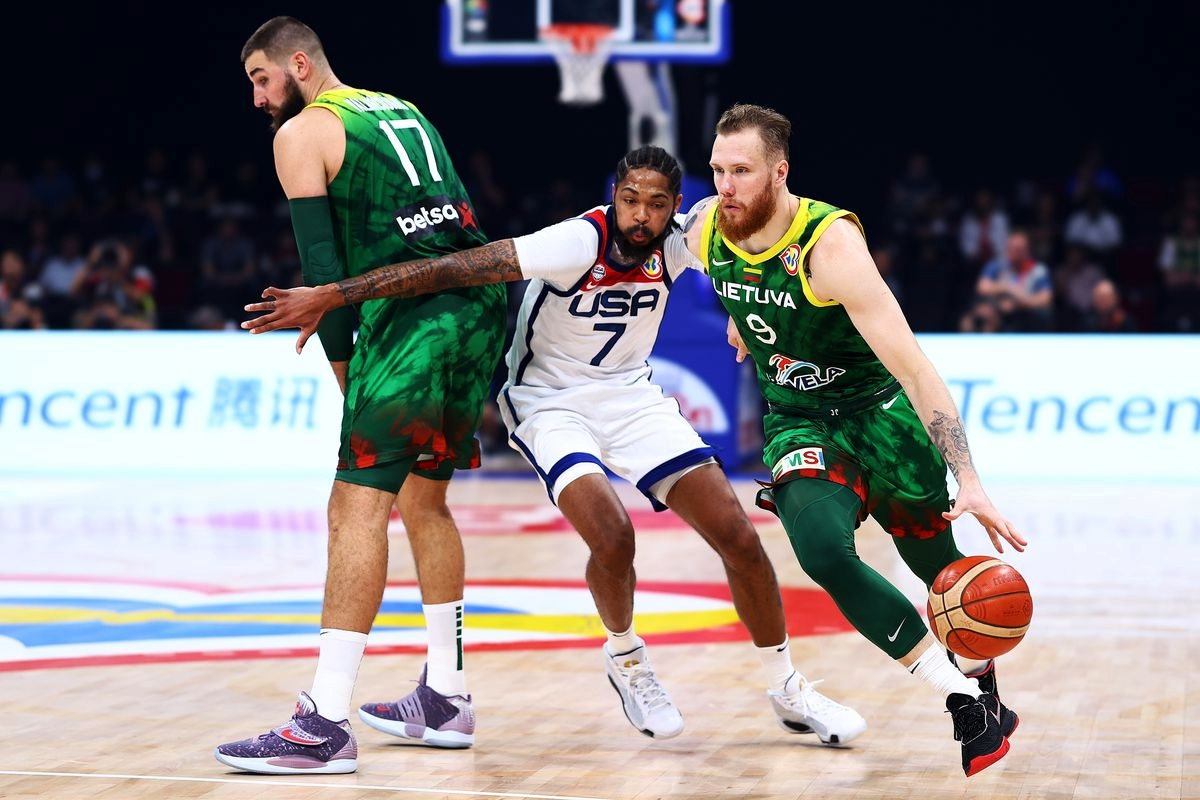Why Both Liberals and Conservatives Conveniently Forget Black Males: A Convenient Oversight
"Political Chess: Black Males as Pawns in a Rigged Game"
Why Both Liberals and Conservatives Conveniently Forget Black Males: A Convenient Oversight
In the great theatre of American politics, where political parties often act more like rival sports teams than governance platforms, it's strangely unifying to note one blind spot they seem to share: the persistent, pervasive neglect of black males. Behind the bluster, buzzwords, and token gestures, both sides have historically turned a blind eye, and one can't help but wonder if this isn't just a mere oversight, but a more insidious form of willful ignorance.Liberals: Grandstanding Without Groundwork
The liberal paradigm, ever so eager to wave the flag of equality and justice, proudly showcases itself as the guardian angel of marginalized communities. Yet, when you peel back the layers of their commitment towards black males, what's revealed? A preference for flashy photo ops and orchestrated PR events, seemingly more for their own image than any genuine concern. Their grand gestures are often just that—gestures, leaving affected communities waiting for substantial change. Within these circles, the heralded push for diversity and inclusion conveniently blurs the distinct challenges faced by black men. Their multifaceted struggles? Abbreviated into catchy, media-ready sound bites perfect for campaign videos and Twitter hashtags, but leaving the real issues largely untouched. The much-touted concept of intersectionality, which should be the bridge understanding the layers of oppression, at times feels like a smoke screen within liberal politics. In the mad scramble to be the voice for every marginalized group, the intricate concerns of black males somehow get lost in the noise. Their struggles? Often a footnote in a much larger script. So, pressing issues that predominantly affect black men, like the notorious school-to-prison pipeline or the alarming instances of police violence, end up on the back burner of liberal agendas. Critical conversations that could steer the course of race and justice discussions in the country are often bypassed, leaving one to wonder about the sincerity of the proclaimed commitment.Conservatives: The Illusion of the "Self-Made" Man
Conservatives often lean heavily on notions of rugged individualism and meritocracy, grounding their ethos in the belief that personal success and failure are mostly a result of individual effort and talent. This perspective, frequently communicated both explicitly and implicitly, tends to convey that those entrenched in socio-economic hardships have simply not exerted enough effort to elevate themselves. While such a perspective is captivating, suggesting a just world where effort correlates directly with reward, it fails to account for the systemic barriers that black men, among others, face in their journey towards socio-economic progress.
The aforementioned narrative becomes especially problematic when examined closely. By holding the individual solely responsible for their circumstances, it obscures the myriad systemic issues black men grapple with. From disproportionate incarceration rates to educational and employment disparities, these systemic challenges aren't mere products of individual failings but stem from larger, often historical, structural inequalities. Blaming the individual becomes a convenient exit, allowing society to sidestep the more daunting task of interrogating and overhauling flawed systems.
Additionally, there's a concerning trend within certain conservative media circles. They seem to have honed their skills in using fear as a potent tool to capture and sway audiences. Here, black males, unfortunately, become the go-to depiction of criminality and the supposed decline of societal values. By consistently showcasing them as the embodiment of these negatives, it not only perpetuates harmful stereotypes but also serves a strategic purpose.
Such portrayal achieves two main objectives: it provides society with a scapegoat, making it easier to place blame rather than address the foundational causes of these issues, and it deflects attention from pressing structural problems. By focusing on the symptoms rather than the disease, the necessary comprehensive discussions around root causes and structural reforms are conveniently circumvented.
Pawns in the Economic Power Game
Both political poles, with their self-righteous economic strategies, routinely sideline black males, often leaving them cornered on a checkerboard of opportunism. Liberals, ever so proud of their globalized agendas, tend to overlook the glaring fact that these policies often suck jobs right out of inner cities. Their grand international vision seems conveniently myopic when it comes to local repercussions, especially as black males face amplified economic distress.
Conservatives, on the other hand, with their unshakable faith in trickle-down economics, seem to believe that benefits showered upon the wealthy will somehow piss down prosperity onto everyone else. Yet, for black males in urban areas, this promised downpour feels more like a rare drizzle, barely touching the vast economic deserts they navigate daily.
In this cynical game of economic chess, black males are often the expendable pawns, caught between lofty promises and stark realities. As both sides claim grand strategies for the greater good, one can't help but wonder: Whose good are we really talking about?
An Uncomfortable Truth: Cynicism Over Solutions
Perhaps the neglect of black males is not just a result of political oversight but a more uncomfortable truth: that their struggles don't translate well into campaign donations or voter turnouts. The cynic might argue that in the great game of political chess, black males are expendable. But if our political system is to have any credibility, this glaring blind spot needs to be addressed. It's time to move beyond convenient political narratives and confront the hard truths that both sides have long chosen to ignore.
Teryl James is a BC contributor and author of the novel ‘Niggers, Niggas, &Negros.’




.png)


.png)
Comments